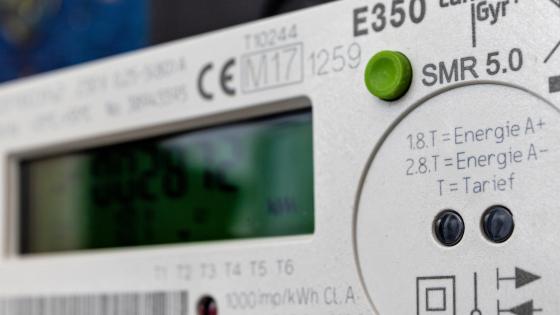DP13294 CEO Performance in Severe Crises: The Role of Newcomers
A firm’s optimal choice of a CEO involves a trade-off between hiring newcomers – who
take time to profit from learning by doing – and avoiding CEO turnover or opting for
internal successions – risking that the old guard fall prey to an experience trap, repeating
the same old business practices. When firms are hit by an aggregate economic shock,
exogenous, unexpected, and unprecedented in nature, reach, magnitude and persistence,
conducting ‘business as usual’ no longer applies and having in office a newcomer – a
CEO hired recently from another firm – may turn out to be particularly valuable to
efficiently abandon old management practices. We use a unique matched firm-employee
dataset for Portuguese firms in the wake of the last economic crisis, to estimate the
value of a newcomer CEO, who is by nature prone to avoid the experience trap. During
the crisis, firms run by newcomer CEOs outperform those run by high tenured and/or
internally promoted CEOs in terms of both value added (GVA) and sales. We estimate a
performance gap of approximately 18%, and confirm that no such gap exists prior to the
crisis. Firms managed by newcomers are also less likely to fail during the crisis. Propensity
Score matching confirms our difference-in-differences results. Our findings are robust to
different measures of firm performance, across different samples and specifications, and
to the inclusion of several CEO and firm controls, including fixed effects. Finally, we
show that newcomer CEOs make different decisions in terms of personnel, expenditure,
investment and international trade, attaining higher productivity levels.


